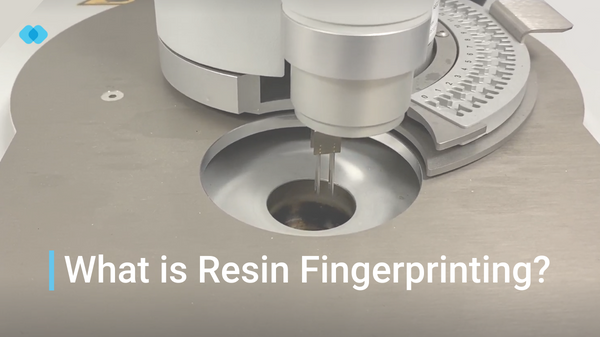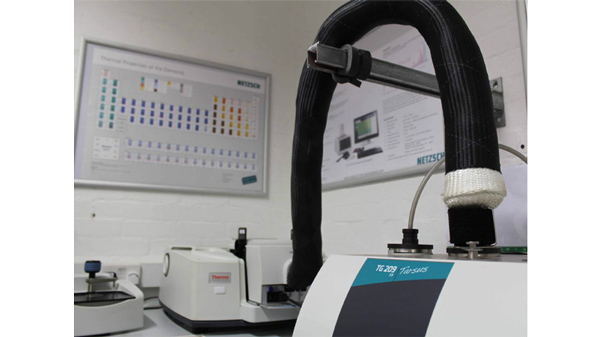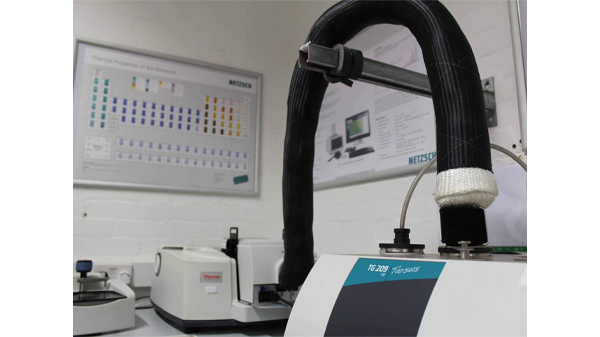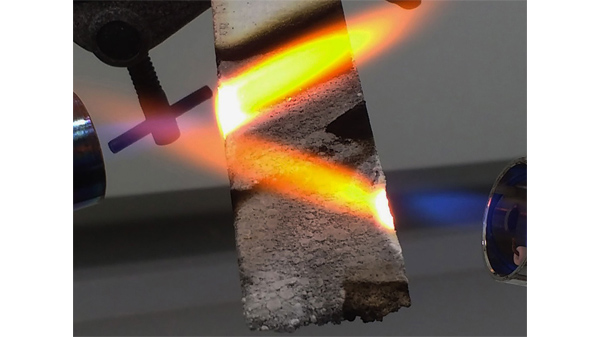What is determination of crystallisation kinetics?
Differential scanning calorimetry can be used to study the determination of crystallisation kinetics, of partially crystalline polymers. According to ISO 11357-7 two techniques can be followed: isothermal crystallisation and non-isothermal crystallisation.
The physical and mechanical properties of semi-crystalline polymers depend on its microstructure. The final microstructure of these polymers is mainly governed by the crystallisation kinetics (crystallisation rate, level of crystallinity). Currently, there are several experimental techniques to asses the crystallisation kinetics such as calorimetry, XRD, light scattering etc. Differential scanning calorimetry, in particular, has been proven an excellent technique to assess both the kinetics and the degree of crystallinity.
More precisely, according to ISO 11357-7 two techniques can be followed: isothermal crystallisation and non-isothermal crystallisation. During the isothermal crystallisation, at the end of the melting stage, the specimens are cooled as quickly as possible to the selected temperature at which isothermal crystallisation shall be measured. In contrast, during the non-isothermal crystallisation at the end of the melting stage, the specimen is cooled at the selected constant cooling rate to at least 10 K to 20 K below the final crystallisation temperature.






